**”Chronobiology and Sleep: How Your Body’s Internal Clock Affects Recovery and Performance”**
# Chronobiology and Sleep: How Your Body’s Internal Clock Affects Recovery and Performance
In our fast-paced world, where the demands of work, family, and social commitments often take precedence, the importance of sleep is frequently overlooked. However, understanding the science of chronobiology—the study of biological rhythms and internal clocks—can shed light on how our body’s natural cycles significantly impact recovery, performance, and overall well-being. This blog post will explore the intricate relationship between our internal clock, sleep patterns, and how they affect our physical and mental performance.
## Understanding Chronobiology
Chronobiology is the study of how biological processes are regulated in time and affect physiological functions. Central to this field is the concept of the circadian rhythm, a roughly 24-hour cycle that influences various bodily functions, including sleep-wake patterns, hormone release, eating habits, and even body temperature. The circadian rhythm is primarily regulated by an area of the brain known as the suprachiasmatic nucleus (SCN), which responds to external cues, such as light and darkness.
These internal clocks are not solely about sleeping at night and being awake during the day. Instead, they play a crucial role in recovery and performance, particularly for athletes and individuals engaged in physically demanding activities. Understanding how these rhythms work can lead to better training schedules, improved recovery times, and enhanced overall performance.
## The Role of Sleep in Recovery and Performance
Sleep is a fundamental component of recovery. During sleep, the body undergoes critical processes that repair muscles, synthesize proteins, and release growth hormones. These functions are vital for anyone looking to optimize performance, whether in sports or daily life. Insufficient sleep can lead to decreased cognitive function, impaired decision-making, reduced reaction times, and even increased risk of injuries.
Studies have shown that athletes who prioritize adequate sleep experience improved performance metrics, including strength, speed, and endurance. Moreover, quality sleep enhances cognitive functions such as memory, focus, and mood, all of which are essential for peak performance.
## Nutrition Tips for Better Sleep and Recovery
1. **Timing is Everything**: Eating too close to bedtime can disrupt sleep. Aim to finish eating at least two to three hours before going to bed. This allows your body to digest food without interfering with your sleep quality.
2. **Incorporate Sleep-Inducing Foods**: Certain foods can help promote better sleep. Foods rich in tryptophan (such as turkey, nuts, and seeds) can increase the production of melatonin, the hormone that regulates sleep. Complex carbohydrates, like whole grains, can also facilitate the absorption of tryptophan.
3. **Stay Hydrated**: Dehydration can disrupt sleep patterns. Drink plenty of water throughout the day but reduce fluid intake in the hours leading up to bedtime to minimize nighttime awakenings.
4. **Limit Caffeine and Alcohol**: Both caffeine and alcohol can significantly impact sleep quality. Caffeine should be avoided in the afternoon and evening, while alcohol can disrupt sleep cycles, leading to fragmented rest.
## Exercise Advice for Aligning with Your Internal Clock
1. **Morning Workouts**: Engaging in physical activity in the morning can help reset your circadian clock and boost your energy levels throughout the day. Morning workouts can also enhance alertness and mood, setting a positive tone for the day.
2. **Avoid Late-Night Exercise**: While regular exercise is essential for recovery and performance, working out too close to bedtime can elevate heart rates and body temperatures, making it difficult to fall asleep. Aim to finish intense workouts at least three hours before bedtime.
3. **Listen to Your Body**: Pay attention to your body’s natural rhythms and energy levels. Schedule workouts during times when you feel most energized and focused, whether that’s in the morning, afternoon, or evening.
## Health Benefits of Adequate Sleep and Proper Timing
The benefits of aligning your lifestyle with your body’s internal clock extend far beyond improved athletic
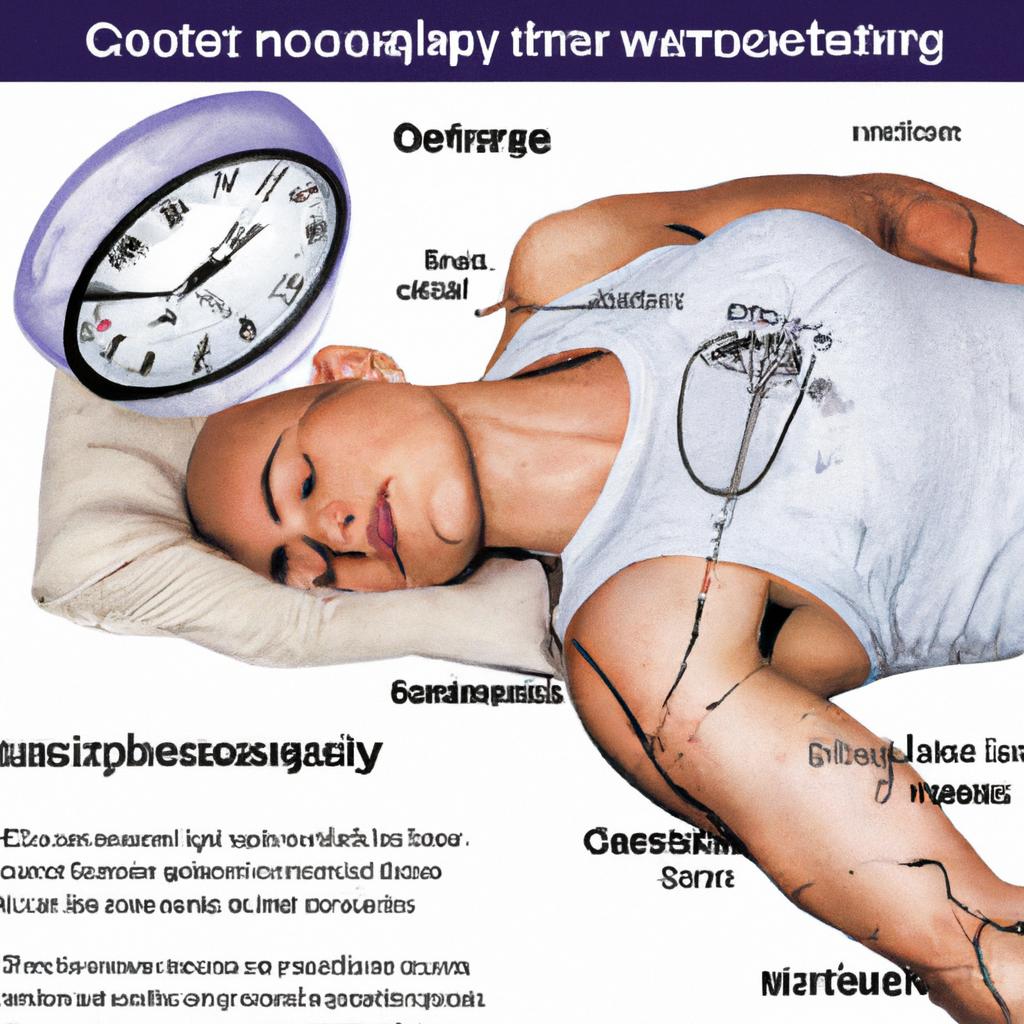


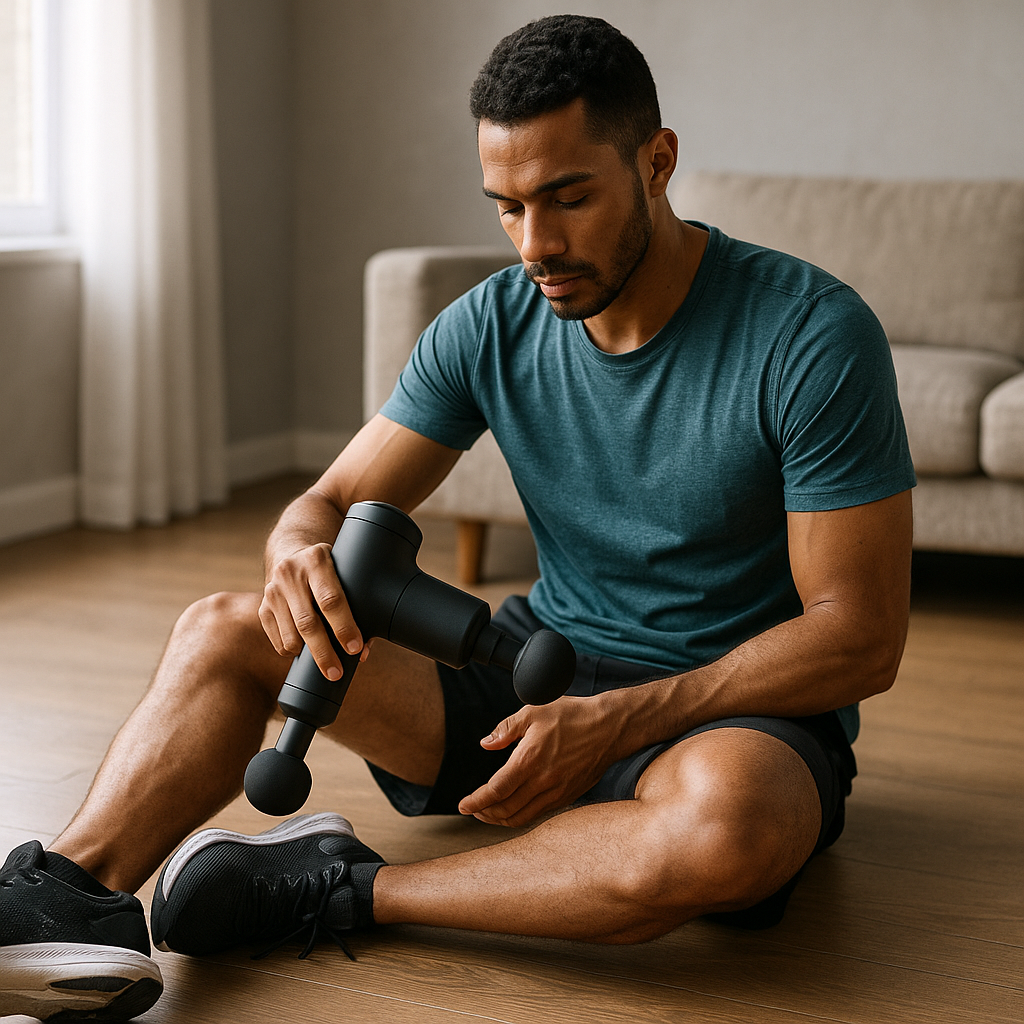
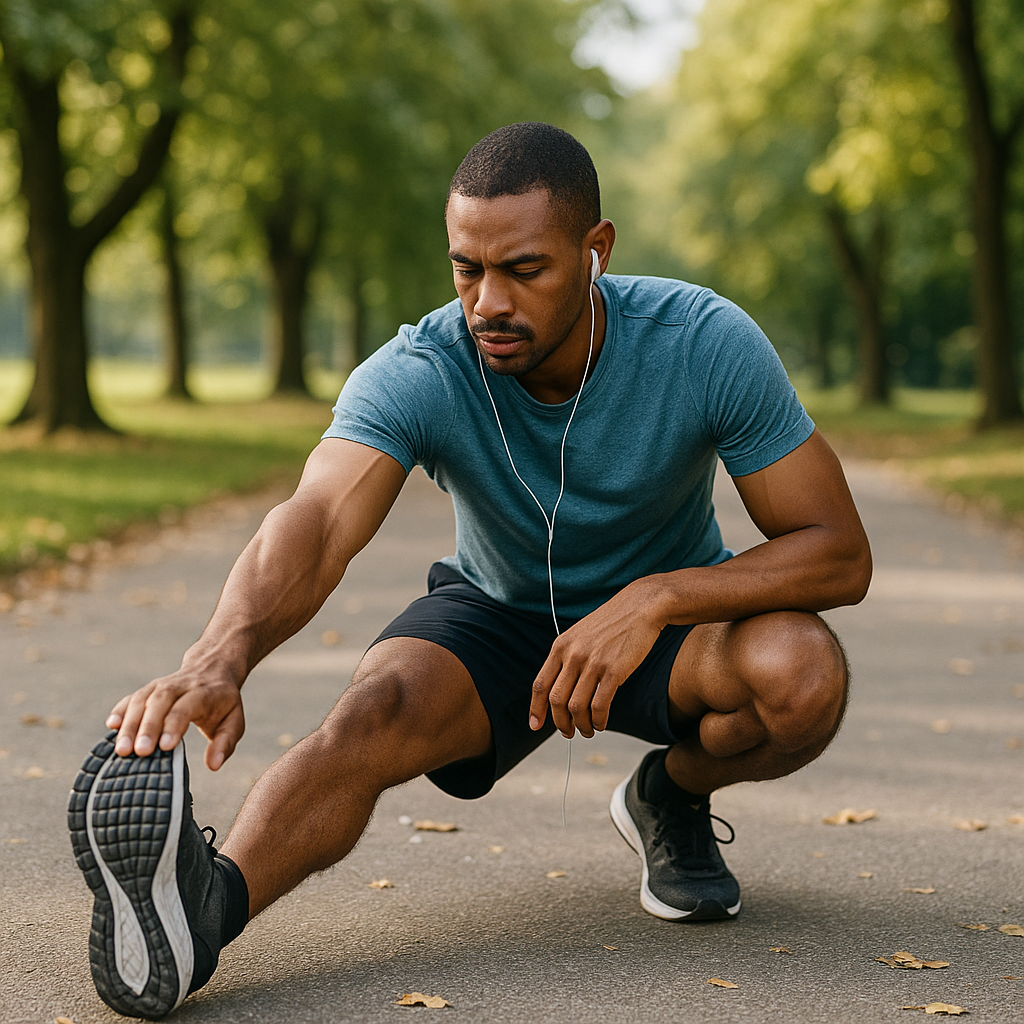

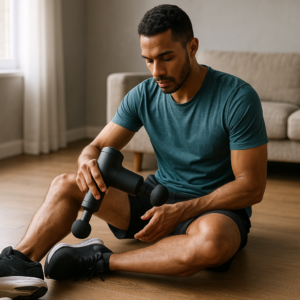
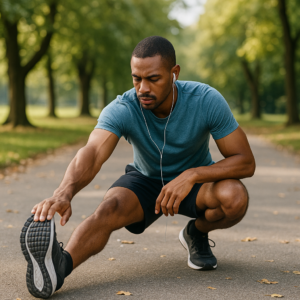
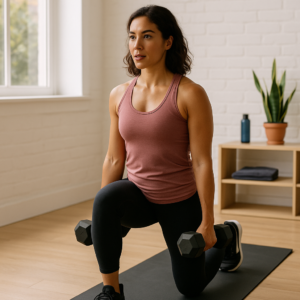

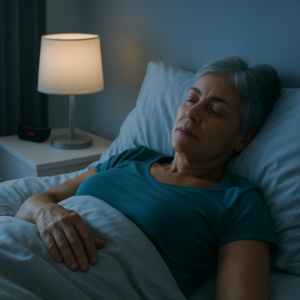
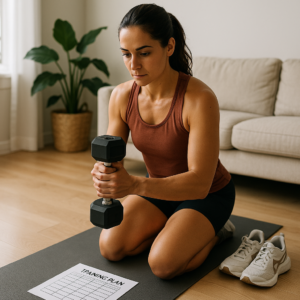
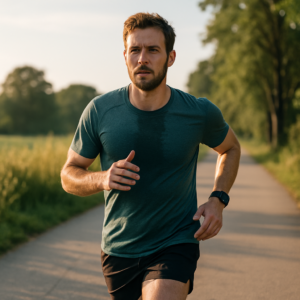

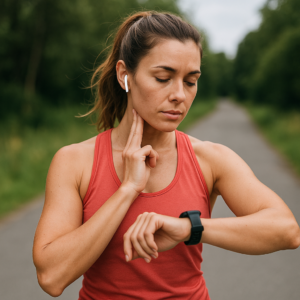
Post Comment